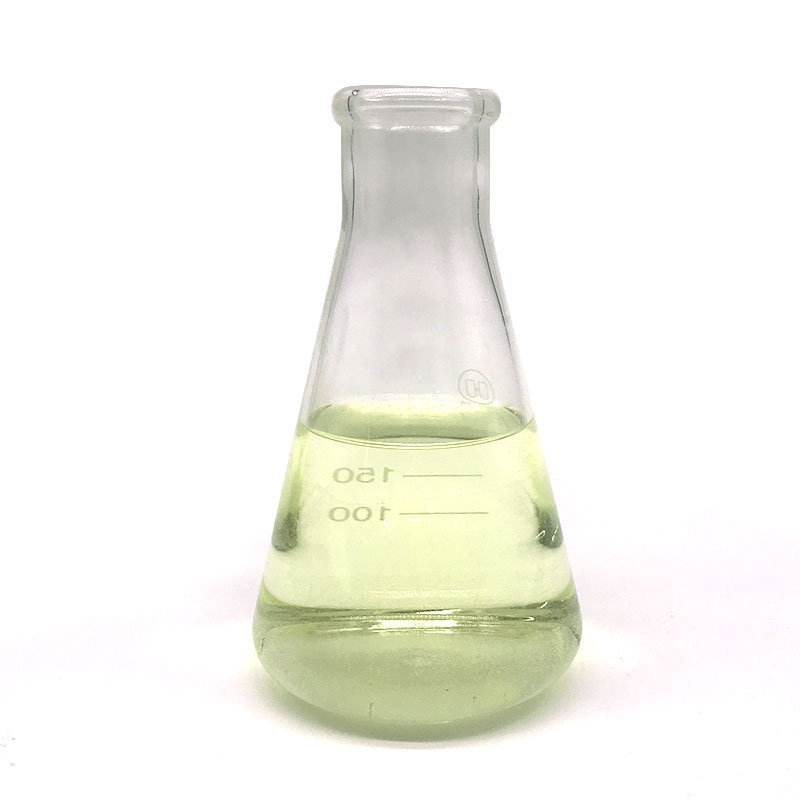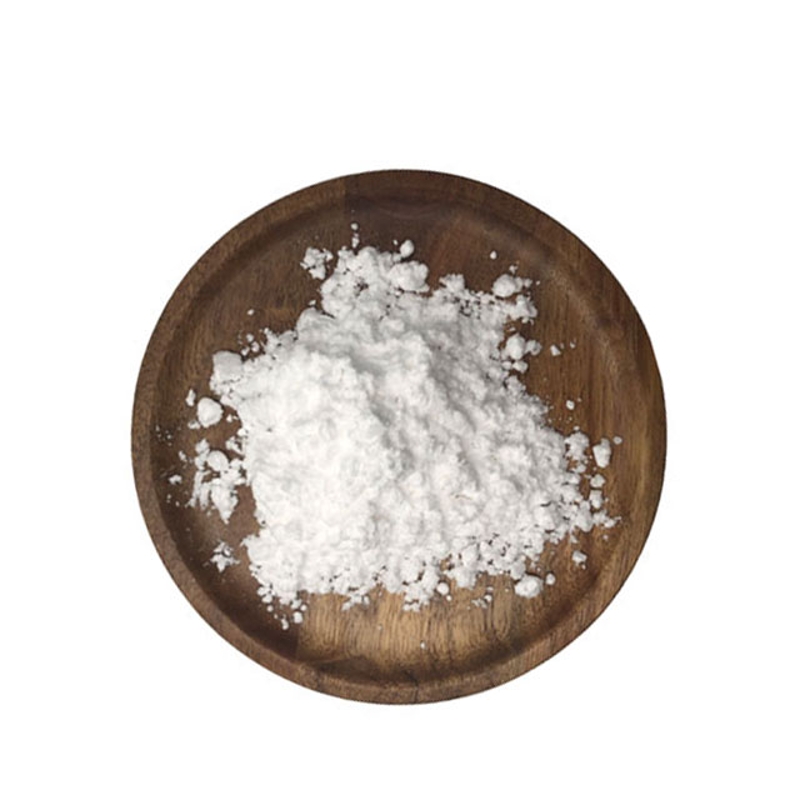What are the top 10 biopharmaceutical M.A. cases this year?
-
Last Update: 2021-03-07
-
Source: Internet
-
Author: User
Search more information of high quality chemicals, good prices and reliable suppliers, visit
www.echemi.com
DealForma recently released a list of $50M plus Biopharma M.A. Deals Announced in 2020 YTD, which accounts for deals worth more than $50 million in biopharmaceutical mergers and acquisitions this year, with the top 10 deals? Let's take a look.Gilead Sciences' $21 billion acquisition of ImmunomedicsIn September, Gilead Sciences and Immunomedics announced that the two companies had reached an agreement to buy Ommunomedics for about $21 billion. With this acquisition, Gilead Sciences will acquire the "first-in-class" antibody-coupled drug Trodelvy (sacituzumab govitecan-hziy), which was approved by the FDA in April for the treatment of adult patients with metastasis triple negative breast cancer (mTNBC) who have received at least two treatments in the past.2. In October, The Company announced that it would acquire MyoKardia for $13.1 billionand in October, BMS and MyoKardia announced that They would acquire MyoKardia for $13.1 billion. The acquisition is expected to close in the fourth quarter of this year. MyoKardia is a clinical biopharmaceutical company dedicated to the discovery and development of targeted therapies for serious cardiovascular disease. With this acquisition, Shishi Shiguibo will acquire its new drug mavacamten, a potential "first-in-class" cardiovascular drug for the treatment of obstructive hypertrophomyopathy (HCM).Johnson and Johnson's $6.5 billion acquisition of MomentaIn August, Johnson and Johnson announced a final agreement with Momenta to buy Momenta for about $6.5 billion. Momenta is a company dedicated to the discovery and development of new therapies for immuno-mediated diseases, and its main research product, nipocalimab (M281), is a clinically proven potential "best-in-class" anti-FcRn antibody with the potential to treat a wide range of autoimmune diseases.Gilead's $4.9 billion acquisition of Forty SevenIn March, Gilead Sciences announced a final agreement with Forty Seven, an oncology immunotherapy company, in a deal valued at about $4.9 billion. Founded in 2016, Forty Seven is a biopharmaceutical company dedicated to targeting cancer immune escape path roads. The company's technology is based on scientific research at Stanford University, founded by Professor Irv Weissman of Stanford University. The company's main research and development project is an anti-CD47 monoclonal antibody called 5F9 (magrolimab).5. Sanofi's $3.68 billion acquisition of PrincipiaIn August, Sanofi and Principia Biopharma jointly announced that Sanofi would acquire Principia Biopharma for $3.68 billion. Through this acquisition, Sanofi will acquire three of Principia's Tyrosine Kinase (BTK) inhibitors, among which the oral BTK inhibitor SAR442168, which can cross the blood-brain barrier, reached a major and secondary end point this year in Phase 2b clinical trials for patients with multiple sclerosis. Principia's BTK inhibitors will accelerate Sanofi's efforts to build a portfolio of transformative therapeutic drugs to treat autoimmune diseases.Nestle's $2.6 billion acquisition of Aimmune TherapeuticsIn August, Aimmune Therapeutics announced a final acquisition agreement with Nestle Health Science in a deal totalling $2.6 billion. Aimmune Therapeutics is a biopharmaceutical company dedicated to developing innovative therapies to treat potentially life-threatening food allergies. Palforzia, a peanut allergy therapy developed by the company, was approved by the FDA in early 2020 to reduce possible allergic reactions from accidental exposure to peanuts. Children and adolescents between the ages of 4 and 17 who have been diagnosed with peanut allergy can start treatment with Palforzia and continue treatment in individuals 4 years and older.Novo Nordisk announced in Junethat it would acquire Corvidia Therapeutics, which specializes in the development of transformative heart and kidney disease therapies, for $2.1 billion. Corvidia Therapeutics' main drug candidate, ziltivekimab, is an all-human lebinocellular interletone-6 (IL-6) monoclonal antibody. Used to reduce the risk of major cardiovascular adverse events (MACEs) in patients with chronic kidney disease (CKD), who also suffer from atherosclerotic cardiovascular disease (ASCVD) and inflammation. The deal will total $2.1 billion.
8. Alexion Pharmaceuticals' $1.4 billion acquisition of PortolaIn May, Alexion Pharmaceuticals and Portola announced that they had reached a final merger agreement, and that Alexion would acquire Portola and Portola's approved drug Andexxa. This is a recombinant coagulation factor Xa, which has been approved for listing in Europe. According to the press release at the time, this is currently the only approved coagulation factor Xa inhibitor reversal agent that can quickly reverse the anticoagulant effects of the factor Xa inhibitors rivaroxaban and apixaban to control severe and uncontrollable bleeding. The acquisition will expand Alexion's product pipeline and make it more diversified. 9. Lilly's $1.1 billion acquisition of Dermira In January, Eli Lilly announced that it would acquire Dermira, a company dedicated to the development of treatments for chronic skin diseases, for approximately $1.1 billion to acquire its innovative source The monoclonal antibody lebrikizumab, as well as the FDA-approved skin disease treatment Qbrexza (glycopyrronium), enhance its development pipeline in immunological research. 10. Acadia Pharmaceuticals' $940 million acquisition of CerScis In August, Acadia Pharmaceuticals announced the acquisition of CerSci Therapeutics, which also has global rights to the use of new combinations of compounds in neurological disorders, including non-opioid therapies for acute and chronic pain. The total value of the transactions amounted to $940 million. Notably, the two big acquisitions this month, as of October 5th, did not make the top 10, with Bayer announcing a $4bn acquisition of gene therapy start-ups Asklepios BioPharmaceutical and MSD's $2.75bn acquisition of Velos Bio. In recent years, emerging pharmaceutical companies have made more and more contributions to the research and development of new drugs, but large pharmaceutical companies still have an impact that can not be ignored. These large-scale mergers and acquisitions represent the global large-scale pharmaceutical companies on the development of new drugs unremitting efforts and pursuit. And through strategy and asset distribution, how will the world's largest pharmaceutical companies bring more new drugs to patients as soon as possible? We'll see! (
)
: what do the top 10 biotech M.A deals of 2020 tells us? Premiums are in, bolt-ons rule and the ADC comeback is on. Retrieved November 6, 2020, from
。
This article is an English version of an article which is originally in the Chinese language on echemi.com and is provided for information purposes only.
This website makes no representation or warranty of any kind, either expressed or implied, as to the accuracy, completeness ownership or reliability of
the article or any translations thereof. If you have any concerns or complaints relating to the article, please send an email, providing a detailed
description of the concern or complaint, to
service@echemi.com. A staff member will contact you within 5 working days. Once verified, infringing content
will be removed immediately.







